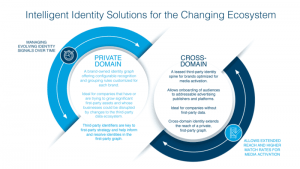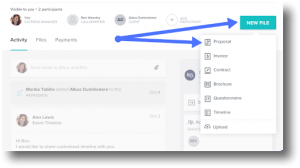Your business or brand has been an early adopter or late adopter on social media… good for you! It goes without saying that today social media is and should be part of any marketing and sales strategy mix and rightly so. Along with its popularity, from a marketing perspective, social media has opened the depth and breathe of niche market strategies. No longer is defining target groups as gender and age group sufficient or effective…marketing teams must now get into social media profiling.
Amidst the race to build healthy and hearty communities and following on Facebook and Twitter, there’s a false perception among many in marketing that social media is about mass. But it is quite the contrary. While it is true that with many brand communities the strength of communities is an objective, it is not the only achievable result of indicator of success nor is it the only tell tale sign of social media initiatives’ success.
Consider this, marketing started with demographic targets and then started withe very psychographics profiling to get a clearer handle on what motivated their demographics. With the popularity of the social media channel, social media profiling is quickly emerging as a much needed tool in determining the success of any social media initiative by not only defining the demographics of a target but also by defining their motivations.
With social media profiling… niche is where it is at.
Many businesses have recognized that establishing a target market, demographically speaking (age, gender, location) is not enough and will no longer result in successful performances of initiatives. Let’s take the demographic target of Women 25-54 as an example, which in traditional advertising and communications was all that was required to plan out the media strategy, on TV, radio, magazine selections, and early on, online properties. We can all agree that there’s a significant diversity within the target segment of Women 25-54.
To illustrate that the use of traditional demographics is diminishing; meaning, the importance of age and gender as the significant attribute of a target, is not as relevant when conceptualizing campaigns and establishing strategic initiatives, here are some questions you should ask:
Where are they in their life journey: Are they single, having babies, raising kids, divorced, empty-nesters? This is key in establishing mindset and their motivation triggers.
How do they inform themselves: Online, friends, family, magazines? This will establish the mix of channels to reach them as well as the language to use.
What are their hobbies? This will provide depth to any profile, allowing brand to start developing a relationship that will resonate with their target.
Which, if any, communities are they involved in? Both online and traditional should be evaluated as there currently exists a need for both.
Social media profiling starts with these basic questions and answering them will assist in avoiding the use of stereotypes, which is key and developing an enriched plan of reaching your audiences. Determining niche segments within a target through social media profiling will allow marketing to establish the various customer personas that are relevant for their brands and businesses.
Does your marketing take into account social media profiling? I’d like to hear your thoughts here.
Digital & Social Articles on Business 2 Community
(357)








